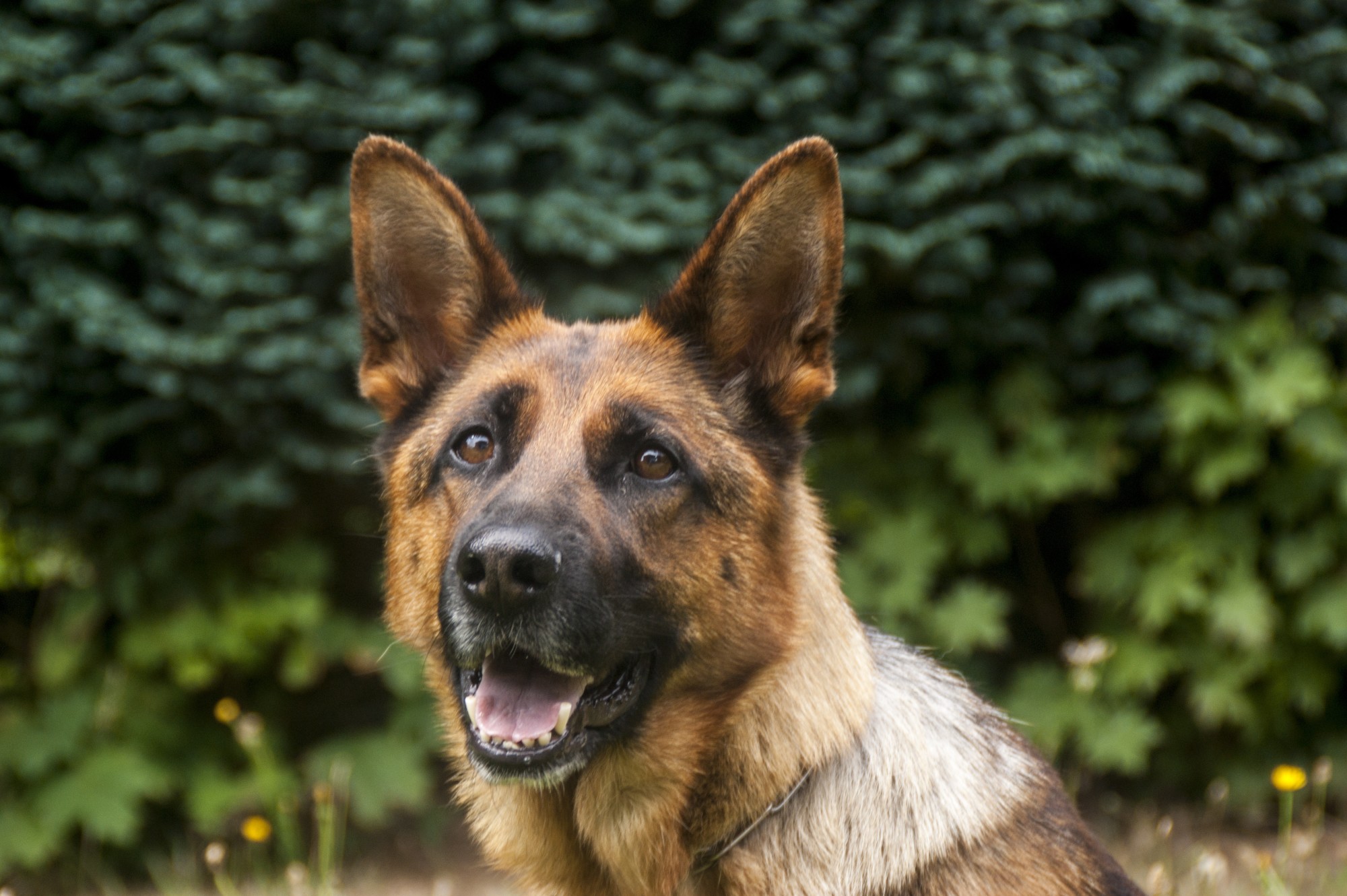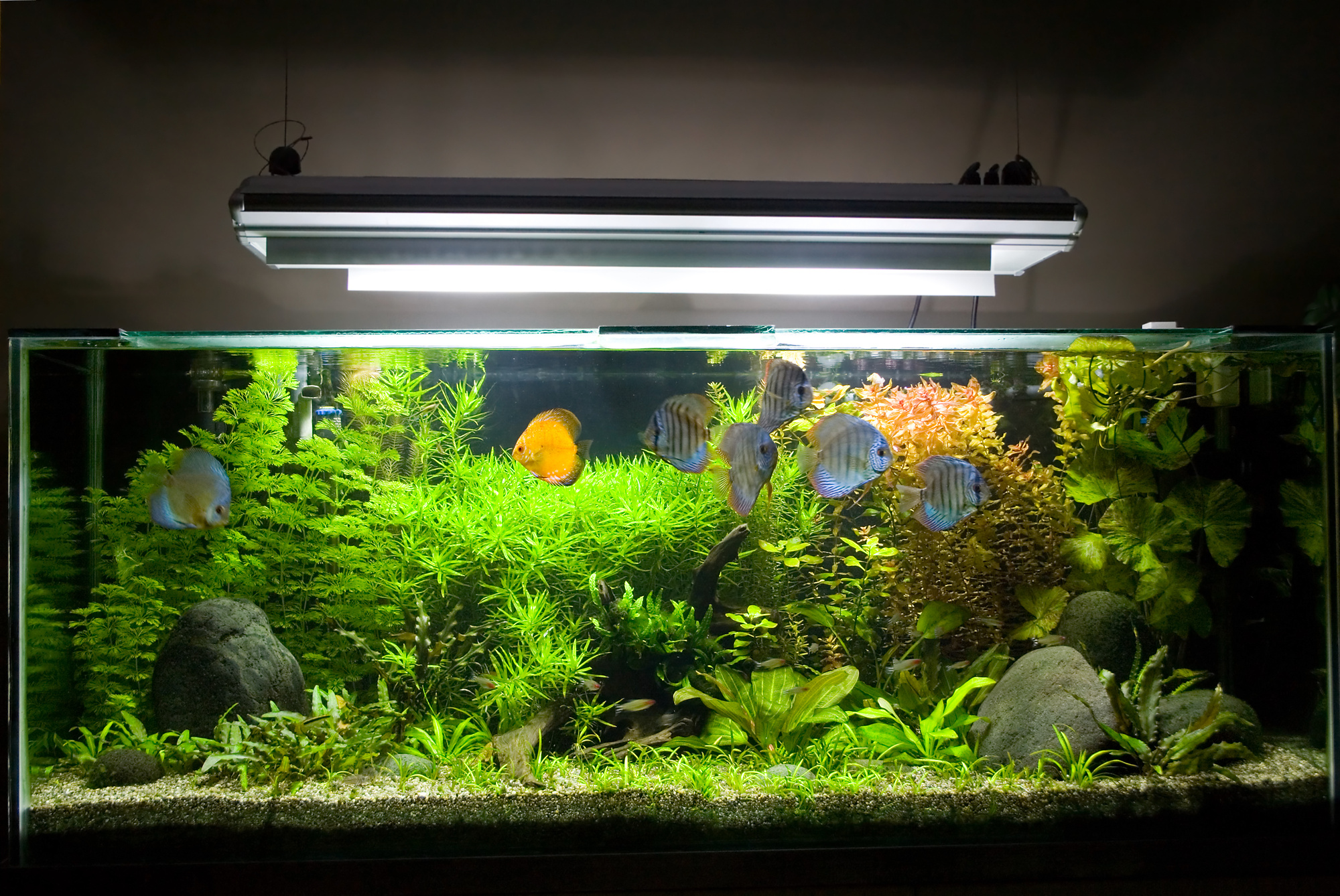Don’t Know What Pet To Get? Here Are 10 Things To Consider Before Picking A Pet.

Are you considering getting a new pet but don’t know what type to choose? Adopting or buying a new furry friend can be challenging, as it’s a big change and an even bigger commitment.
You should consider the pet’s personality, level of care, dietary needs, the level of physical activity, and the amount of maintenance they need. Cats and dogs are relatively easy to take care of but they may feel lonely if you’re never home.
Undecided about which pet is the best for you? Keep reading to discover 10 essential things you should consider before picking a pet.
1. The Pet’s Needs
No matter what kind of pet you want, you should consider its health, dietary, physical, and cognitive needs. Take for example dogs. They’re social creatures that need tons of physical activity and human attention during the day.
Cats are more reserved and can meet their own needs themselves. But if you keep the cat at home, make sure it has plenty of toys and space to play. Otherwise, you risk a depressed, overweight pet.
Rabbits can be great. But depending on the species, you’ll need to feed them a special diet and keep them inside in optimal room temperature and away from other pets or animals.
Unconventional pets like pigs, horses, reptiles, and birds are not as cuddly and needy for attention, but their diet and habitat have to match their environment in nature.
2. Your Lifestyle
If you’re wondering “what pet should I get?” — think about your lifestyle. If you’re working most of the day and then go out with friends for a drink after work, you need a pet that won’t mind your absence.
First-time dog owners may not realize how much attention and socialization grown dogs need. Cats, on the other hand, can pretty much take care of themselves, but puppies and kittens need someone to be around constantly.
If you travel a lot, can you take your pet with you? Is there someone who can feed them while you’re gone? You should consider all these factors before getting a high-maintenance pet.
3. The Size of Your Home
Pets need space to roam around, and no matter their size, they should have a dedicated space just for them. Aside from a feeding and sleeping area, they need space to play and hide to feel safe.
If you have a small home, a large dog may not be the best idea unless you have a big backyard. If you live in a small apartment in the city, smaller dogs or cats are a better choice.
4. The Pet’s Age
Should you adopt a kitten or a puppy or a grown or elderly dog or a cat? If you’re asking yourself “what kind of pet should I get?” the pet’s age can be the deciding factor.
A baby pet usually needs more care, attention, and feeding than a grown one. You’ll need to monitor its growth, weigh it regularly, and visit the vet more often.
Adopting a grown pet can be challenging if you don’t know its history and habits. Elderly pets are not very mobile and often come with old-age health problems like kidney failure, hearing and vision loss, cancer, and arthritis.
5. The Pet’s Health Condition
No matter what age pet you get, they may come with some genetic illness or acquired disease, depending on their history. Baby pets are especially susceptible to infections, so you should take into consideration their current health.
Will you be able to spend time with the pet, go on regular vet visits and buy the medication it may need? Will you provide in-home care to meet its specific needs? Some pets may have a condition that needs lifetime care, so think about your preparedness for this commitment.
6. The Pet’s Temper
Dogs are social and very active animals no matter their size or breed. Different breeds have different tempers and not all of them are suitable for families with children.
For some people, cats are the best companion pets because they’re independent, don’t get too attached to their owners, but they can give lots of love and affection.
If you adopt a domesticated wild animal like a ferret, don’t expect too much affection. They can sometimes even be aggressive. Similarly, lizards and snakes won’t interact with you and may not like petting or holding.
7. Whether You Have Children
What is the best pet for families with children? This depends on the children’s age and their personalities. In general, dogs and cats love little kids, but if you get a lizard or a ferret, you’ll have to be very careful about putting them in the same room with your kids.
Birds are easily scared, no matter how domesticated, and babies and toddlers don’t often have a sense of handling them with care. If you’re looking for a family pet, dogs like Labradors and Golden Retrievers are great with kids. Kittens and babies get along great, but an older cat may need some adjusting.
8. Whether You Have Other Pets
Some pets get along with other animals in the house, but others just need to be the only pet. Cats and dogs typically need companions, but this depends on their age and personality.
Rabbits aren’t usually a good pet for homes with multiple other pets, and if you’re considering birds, don’t keep them in the same room with cats.
9. Your Personal Level of Responsibility
A pet is not a toy and requires constant care and affection, just like a baby. If you’re not committed and think they can take care of themselves while you’re away for days on end, the best option for you is an aquarium full of fish that won’t notice if you’re gone.
For example, many dogs are clingy and can get separation anxiety if you’re not there. They also need walking and physical activity a couple of times a day, every day. If you’re not ready to take on this level of responsibility, you may need to reconsider getting a pet with many needs.
Cats are less needy, but they still want their litter box to be clean at all times and their food to be fresh. Rabbits are very affectionate and need attention, have special dietary needs, and don’t tolerate loud environments with other pets.
10. Your Budget
Getting a pet will take a toll on your budget, so consider all expenses for the pet’s needs before you choose one. Exotic pets will have special needs in terms of food, habitat, and health. If you don’t do the math and just get a pet on a whim, you may face bigger expenses than your budget can take.
Quality cat and dog food can be pricy, rabbits need to be fed a special diet to meet their dietary needs, and chinchillas must be fed special vegetarian chinchilla food and you can’t just give them food leftovers to save some money.
Follow These Tips When Picking a Pet
Animals are the purest souls on the planet and help reduce stress, anxiety, and feelings of loneliness. However, this is partly due to having the right pet for your needs and being responsible and committed to its care.
When picking a pet for you or your family, take into consideration these 10 things to see which animal will fit your family and lifestyle best.
Do you want to help other animals? Consider donating to these 10 animal charities and help improve their lives.



